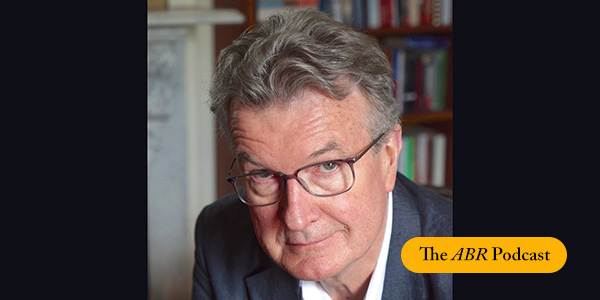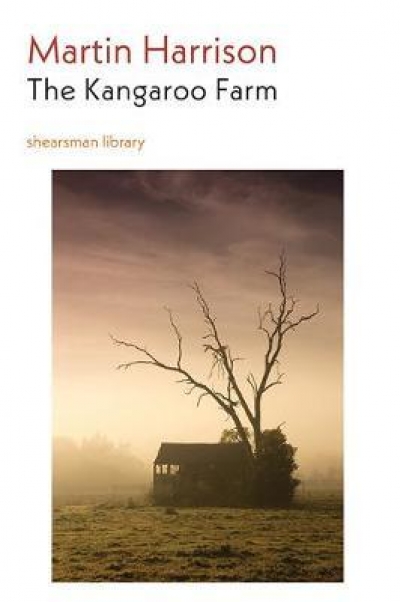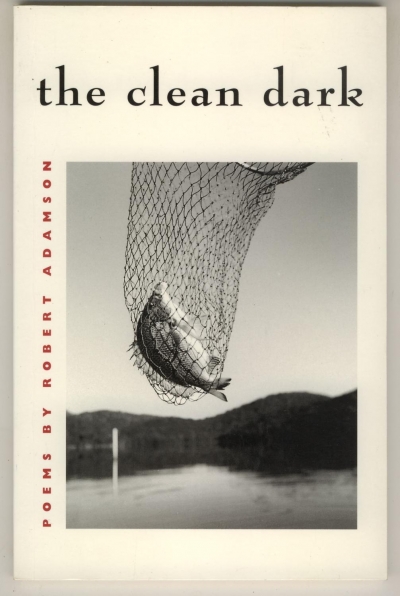Accessibility Tools
- Content scaling 100%
- Font size 100%
- Line height 100%
- Letter spacing 100%
Paperbark Press
The ABR Podcast
Released every Thursday, the ABR podcast features our finest reviews, poetry, fiction, interviews, and commentary.
Subscribe via iTunes, Stitcher, Google, or Spotify, or search for ‘The ABR Podcast’ on your favourite podcast app.
Episode #184
It might be … P is for Peter, physician, patient, poet
By Michael Shmith
In this week’s ABR Podcast, Michael Shmith reviews a memoir from poet, novelist, librettist, and Adelaide GP Peter Goldsworthy. The book’s title is The Cancer Finishing School. Shmith begins by observing that doctors aren’t supposed to become incurably ill, before immediately recognising this as the useless delusion of a patient. Michael Shmith is a Melbourne-based writer and editor whose most recent book is Merlyn, a biography of the widow of Sidney Myer. Listen to Michael Shmith’s ‘It might be …: P is for Peter, physician, patient, poet’, published in the April issue of ABR.



